Reportage

Switzerland's Ambassador to Bangladesh Reto Rengggli
Switzerland is well positioned to partner with Bangladesh in this crucial journey, he says
In an exclusive interview Switzerland's Ambassador to Bangladesh Reto Rengggli speaks about his country's historic ties with Bangladesh, the host country's economic transformation, challenges, potentials for greater Swiss investment, free and fair election and Dhaka's humanitarian support to Rohingyas.
Below is the full text of the interview:
UNB: Switzerland established diplomatic ties with Bangladesh soon after Bangladesh's independence in 1971. The two countries have come a long way. How do you evaluate the relations today and what are your priorities?
Ambassador: If you ask me to classify the bilateral diplomatic ties between Switzerland and Bangladesh, I will expressly say that we have very good bilateral relations and partnership. This positive assessment of our bilateral relations keeps reflecting in my meetings and exchanges with all our stakeholders in Bangladesh, including senior government officials. Switzerland was quick to establish diplomatic ties with Bangladesh after its independence, and last year, we together celebrated 50 years of our bilateral relations.
Over the past decades, our two countries have built a strong and diverse partnership in numerous areas. In terms of our priorities, I will highlight three key areas. Humanitarian assistance had been the central element of the bilateral ties in the early 70s. It still remains essential to our partnership, particularly in light of the Rohingya refugee crisis. Another vital area of partnership was development aid, which has now turned into international cooperation, where Switzerland aims to implement innovative projects that include private industry development. Over the last 50 years, Switzerland has invested over $1 billion in this area of cooperation in this country. On the other hand, the bilateral trade became very dynamic and robust, with an annual volume of more than $1 billion. This evolution of our bilateral relations symbolizes Bangladesh's socio-economic transition, as economic relation has emerged as an important pillar of our bilateral ties.
UNB: How do you describe Bangladesh? What are the challenges and potentials that Bangladesh holds for the future?
Ambassador: I arrived in Dhaka in late June this year to take the helm of the Embassy of Switzerland in Bangladesh, and in mid-July, I had the privilege to present my credentials to the Hon'ble President of Bangladesh. My initial impression of Bangladesh is very positive. The people here are hardworking and friendly, and I have always felt welcome wherever I have been. I look forward to exploring the country more during my tenure. I see Bangladesh as a nation that has attained a lot in terms of socio-economic progress over the past decades and holds the potential to achieve so much more going forward.
I have arrived in Bangladesh at an exciting time when the country is approaching multiple crossroads. The country will graduate from the LDC group category in 2026. This graduation, on the one hand, serves as a testament to the country's accomplishments and beckons new opportunities, but on the other hand, several challenges lurk as international support measures associated with the LDC status will start phasing out down the road. There, I would suggest Bangladesh focus more on economic diversification and transformation, including a stronger emphasis on research and development, and enhance the competitive edge of different economic sectors in a bid to accelerate economic growth while leaving no-one behind. Being a country that blazes trail with regard to competitiveness and innovation, Switzerland is well positioned to partner with Bangladesh in this crucial journey. The upcoming national elections is another vital approaching milestone, and within this context, I would like to highlight that democratic, fair and especially peaceful elections are essential for any democracy to thrive.
UNB: Bangladesh is one of the priority countries for Switzerland's development cooperation. What should be the priority areas for Switzerland in terms of development cooperation with Bangladesh over the next couple of years?
Ambassador: Solidarity has truly been an overarching aspect of our bilateral relations. Switzerland has proven to be a committed, effective, sustainable, reliable and innovative development partner over the last five decades. The focus of our ongoing cooperation programme (2022-2025) is on supporting Bangladesh's upcoming LDC graduation by promoting sustainable and more inclusive economic development as well as improved social well-being. We prioritize introducing innovative projects to benefit the people most in need and the change-makers that can scale and mainstream development achievements. Switzerland will invest around BDT 1'450 crore to implement this program by 2025, and to this end, my Embassy is working in tandem with the government and partners from civil society and international organizations. I would also like to emphasize that our program promotes good governance and respect for human rights, values that are dear to Switzerland. Climate change has also become a significant focus of our development cooperation in Bangladesh.
UNB: The boom in the textiles and chemical sectors is making Bangladesh an attractive place for Swiss investment. What's the current Swiss investment status in Bangladesh? What are the areas the Swiss investors might feel interested to invest in Bangladesh?
Ambassador: I would like to underline that globally, Switzerland is the world's tenth-largest foreign direct investor abroad. In Bangladesh, my country is also a leading (#14th in Fiscal Year 2022) foreign investor, although the net annual FDI inflow is still proportionately very low. That said, major Swiss multinational companies are present in Bangladesh, providing best-in-class, quality and advanced products, technologies and services to the Bangladeshi market. However, what I would like to highlight is that small and medium enterprises are the backbone of the Swiss economy. For those Swiss SMEs, Bangladesh is still a largely undiscovered and sometimes challenging destination, partly due to ease of doing business-related Issues. Against this backdrop, it will be one of my endeavors to place Bangladesh more prominently on the map in Switzerland.
In June this year, Switzerland and Bangladesh signed a Memorandum of Understanding to enhance and deepen their knowledge and skills partnership. This MoU, in a way, embodies the future course of our bilateral relations. Increased collaboration between the private sectors of both countries in innovation and technology will likely shape the future course of our economic ties.
UNB: What's your understanding about the investment climate in Bangladesh?
Ambassador: I have regular interactions with government officials and private sector representatives. What I understand is that the authorities are actively seeking to attract more investments. In this regard, several initiatives have also been taken to expedite the inflow of foreign investments. As highlighted in the Production Transformation Policy Review of Bangladesh published by the OECD recently, to continue and accelerate the growth trajectory, Bangladesh needs to prioritize new drivers of growth and start shifting from a price-led competitiveness model to one anchored in quality and innovation, which, in my opinion, foreign direct investment and induction of new technology can help the country to achieve. Creating a favorable investment environment with regulatory predictability, a level playing field, and good governance is essential for more investments. Here I would like to add that, by utilizing its instruments for economic cooperation, Switzerland is working closely with Bangladesh to improve framework conditions for businesses.
UNB: How do you see Bangladesh's role in dealing with the Rohingya issue when it has its own socio-economic challenges? What is Switzerland's response to the Rohingya crisis?
Ambassador: We live in a volatile world where new crises and conflicts seem to emerge more frequently, diverting global attention from the earlier ones. Against this backdrop, I think keeping the Rohingya refugee crisis high on the global agenda is essential. Bangladesh and its people are playing an enormous and challenging role by providing refuge to over a million Rohingya. As the nature of this prolonged crisis keeps changing, it is important that we work together to address broader issues related to this humanitarian crisis. This includes finding solutions to also improve the education and livelihood opportunities of the Rohingyas, especially the younger refugee population, in order to keep them optimistic about their future.
Earlier this month, I spent three days in Cox's Bazar to observe firsthand the current state of the Rohingya crisis and understand the scale of the humanitarian operation steered by different humanitarian agencies and actors. I met with the refugee community and members of the host community, as well as humanitarian agencies, government officials and other stakeholders, who are working very hard to alleviate the plight of the refugees. As mentioned earlier, humanitarian support has traditionally remained a cornerstone of our bilateral cooperation. Since the beginning of the Rohingya crisis, Switzerland has stood firmly by Bangladesh, with humanitarian aid channeled through different agencies and our on-the-ground presence in Cox's Bazar implementing initiatives directly.










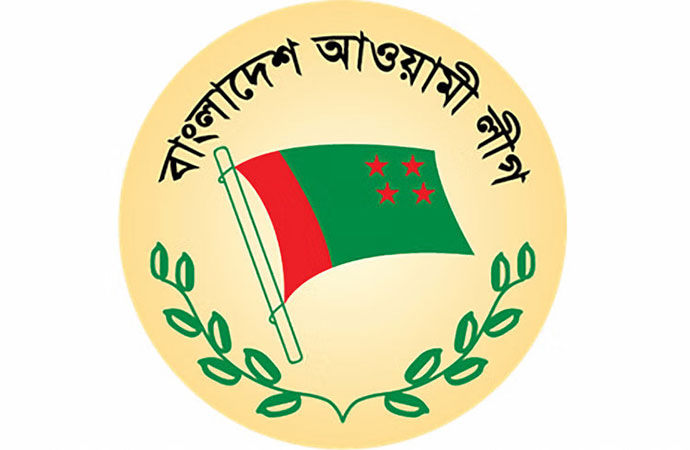


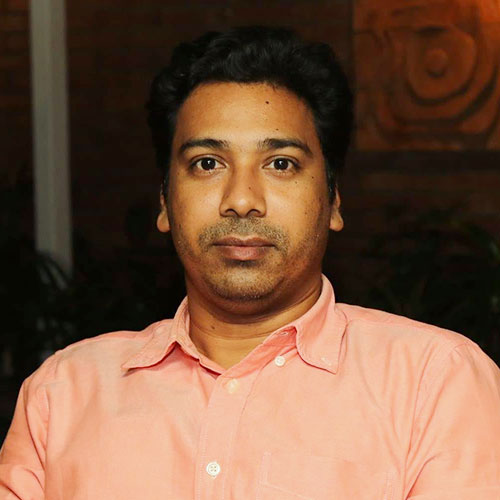





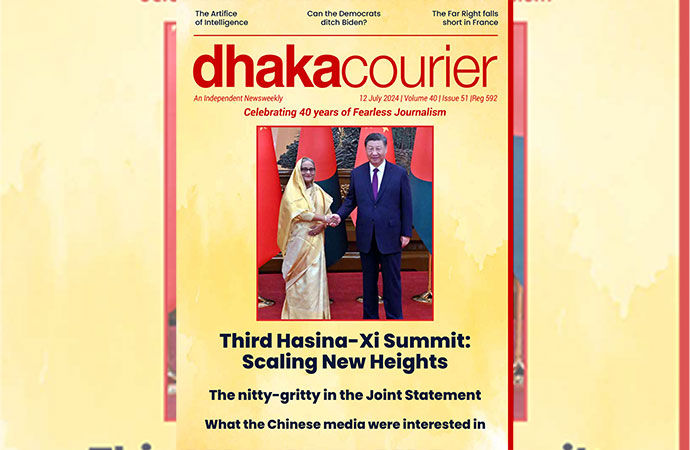
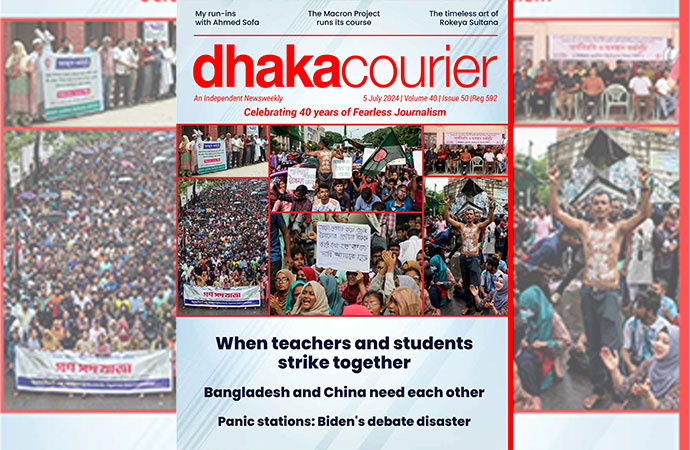

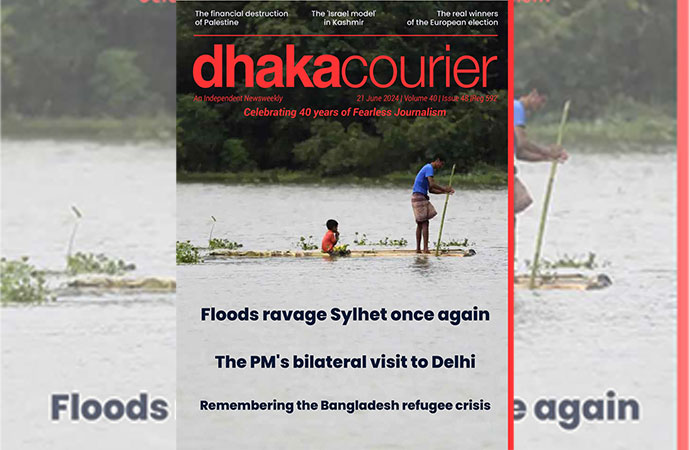
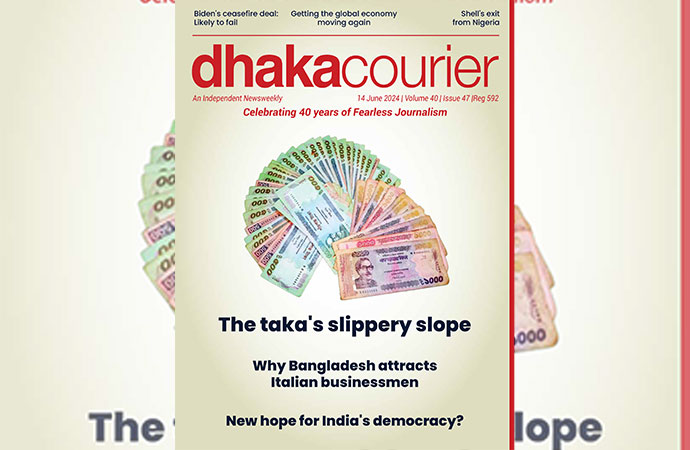
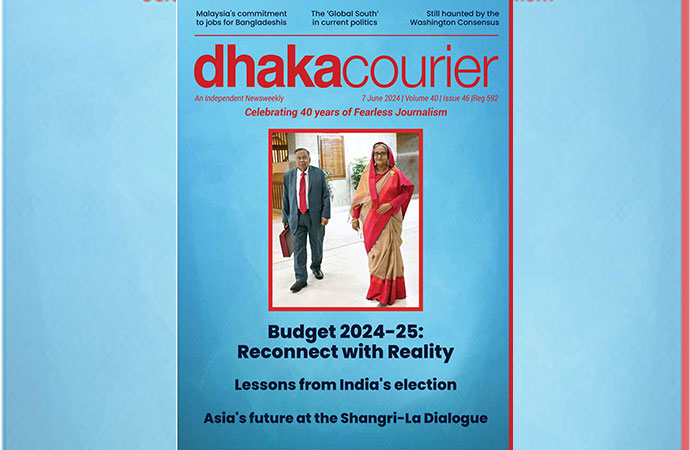
Leave a Comment
Recent Posts
How China's reform benefit the ...
"It's very clear that China has entered a new era under Presi ...
How do we heal?
After the unprecedented violence of the past two weeks, the most impor ...
The High Court fixed July 25 for delivering verdicts
Biden’s legacy: Far-reaching accomplishments that di ..
US President Joe Biden dropped out of the 2024 race
“A kiss over bribe”: Nachiketa’s social message to D ..